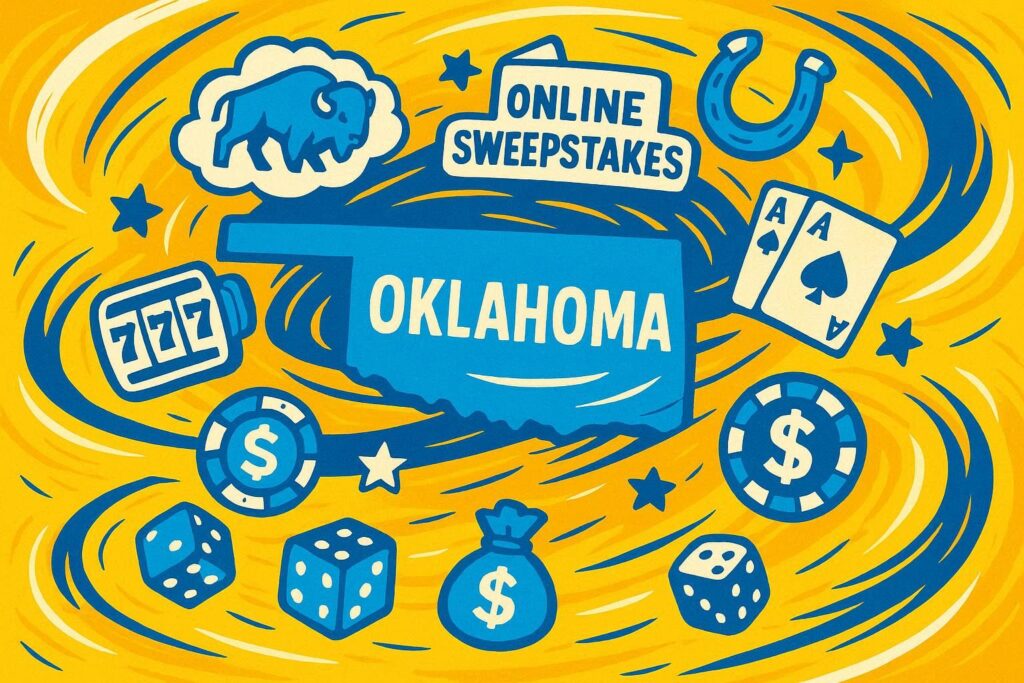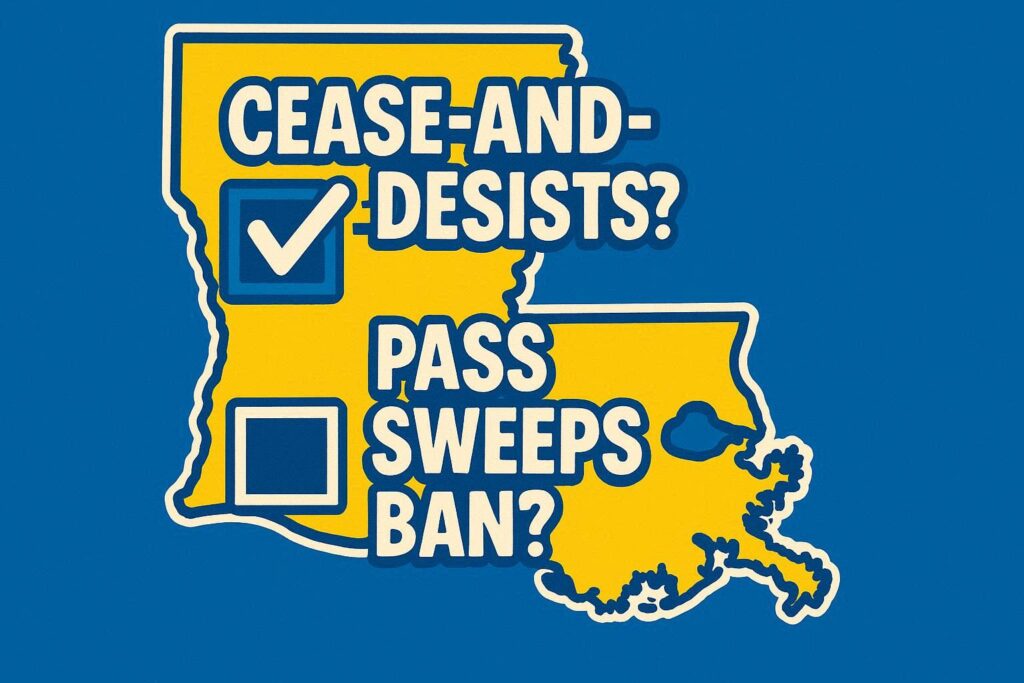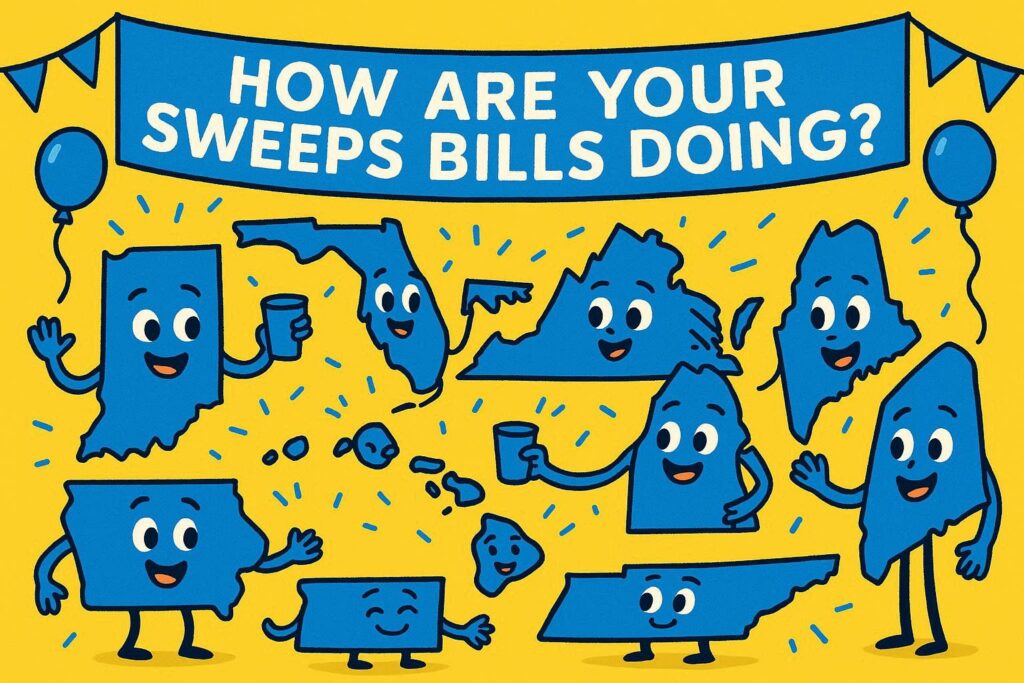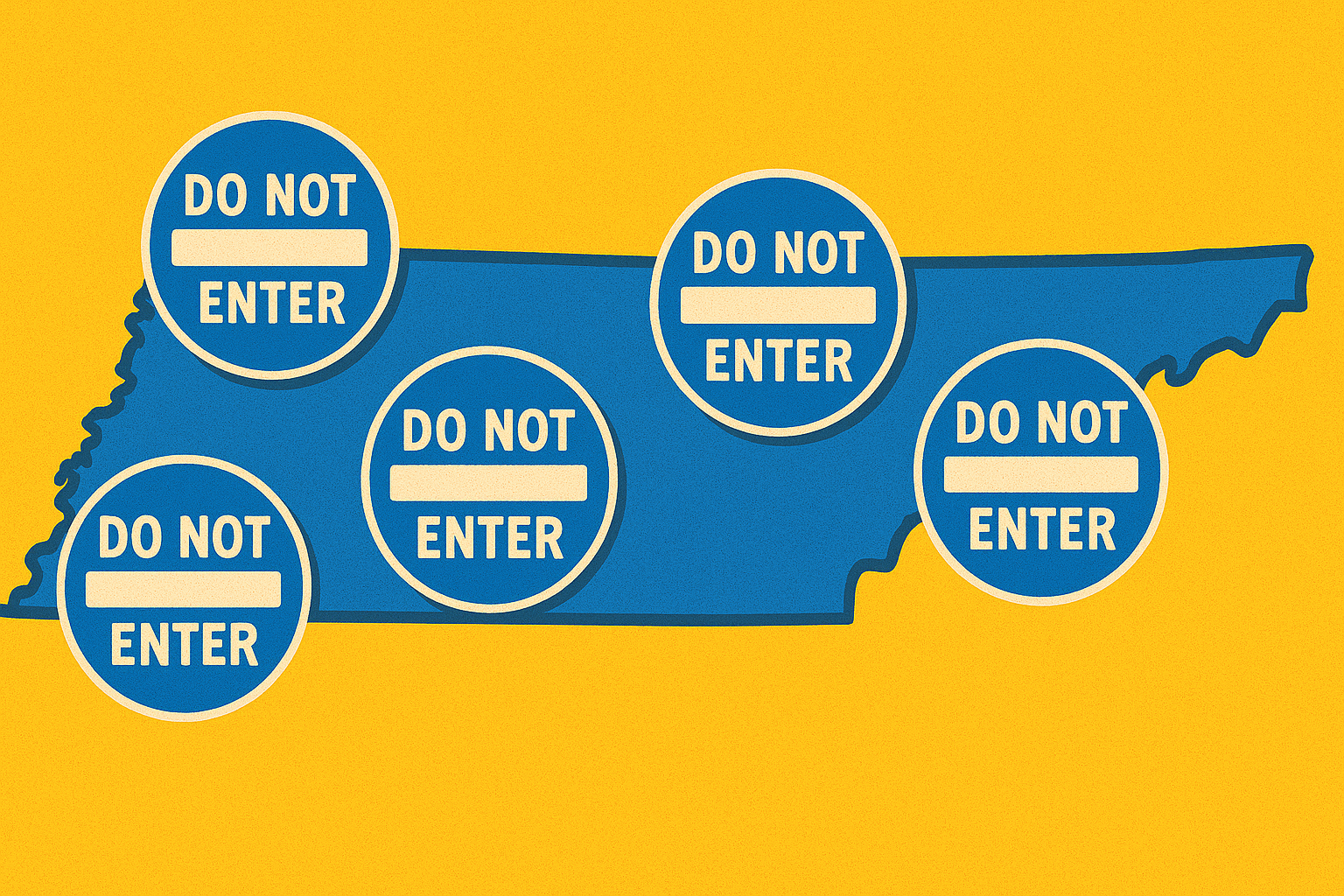A third California tribe has declared opposition to the bill that would ban sweepstakes casinos in California.
The Sherwood Valley Band of Pomo Indians sent a letter to the California Senate Appropriations Committee on Wednesday saying in part that Assembly Bill 831 “has advanced without meaningful consultation of broader tribal interests.”
What other tribes are against AB831?
The Sherwood Valley Band of Pomo Indians becomes the third tribal nation in California to publicly register opposition to AB831, which is being considered by lawmakers in Sacramento. The bill, which will be discussed by the Senate Appropriations Committee again on Friday, would prohibit sweepstakes casinos and set criminal penalties any entities “knowingly” supporting them.
Previously, the Big Lagoon Rancheria and Kletsel Dehe Wintun Nation came out as opposed to the bill. The Kletsel Dehe Wintun Nation has also inked a partnership with VGW, the sweeps company behind Chumba Casino, LuckyLand Slots, and Global Poker.
‘Support policy solutions that empower all tribes’
The letter from the Sherwood Valley Band was penned under the name of Buffey W. Bourassa, secretary of the tribe. In the correspondence, Bourassa urged lawmakers to “reject AB 831 and instead support policy solutions that empower all tribes to diversify economically, address systemic challenges, and chart a path toward sustainable self-governance and prosperity.”
The Social and Promotional Games Association sent the following statement to Sweepsy:
“The growing number of tribes highlighting the economic harm they fear from AB 831 makes it clear that California lawmakers must hit the pause button on the bill.”
In the letter, Bourassa explained that economic pressures are a primary reason to oppose the ban. The letter lists five foundational reasons for opposing AB831: housing shortages and overcrowding; homelessness; economic insecurity and poverty; unemployment and lack of job opportunities; and transportation barriers.
Similarly, when California defeated not one but two ballot proposals in 2022 that would have legalized sports betting, opposition cited concerns over tax revenues and how they would be utilized. Many tribes wanted funds to be funneled toward the issues of homelessness and poverty on tribal lands.
‘Threatens our inherent right to create legitimate revenue streams’
Earlier this week during a panel discussion on California gaming, the executive director of the National Indian Gaming Association, Jason Giles, echoed the concerns that the Sherwood Valley Band of Pomo Indians expressed in its letter to the Senate Appropriations Committee.
Giles said that AB831 is “moving way too fast for anyone to comprehend,” while claiming that the legislation has been altered so much since its introduction that it serves as basically a blanket ban on gaming activity.
Other opponents to AB831, like the American Civil Liberties Union, criticize the bill because it infringes on the economic activity and sovereignty of tribal nations.
Bourassa wrote: “Digital platforms offer vital opportunities for tribes to diversify revenue sources beyond traditional gaming and fund essential services.”
At the heart of the Sherwood Valley Band’s opposition to AB831 is economic opportunity. The tribe claims AB831 “threatens our inherent right to create legitimate revenue streams to support our people.”








